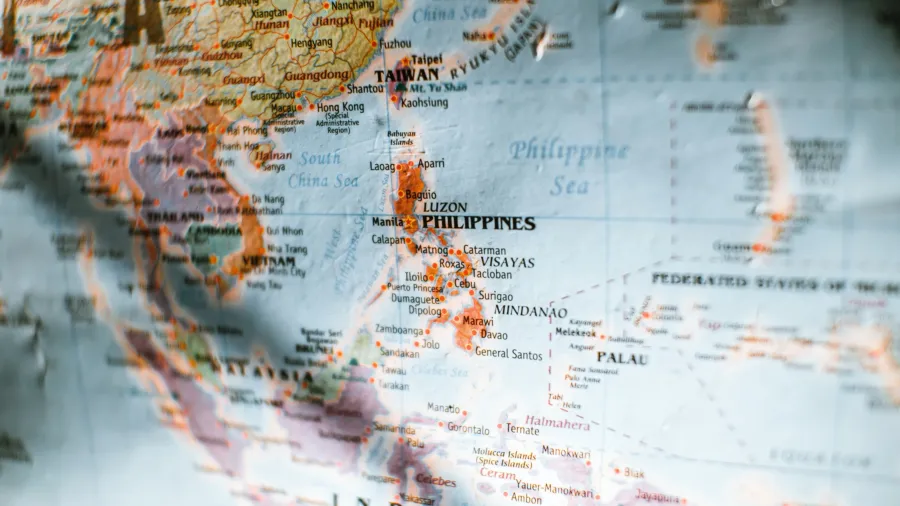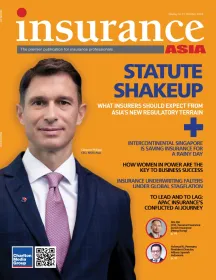
WTW urges APAC banks to consider non-payment insurance
Uncertainties like the Chinese real estate crisis call for effective credit risk management.
Asia Pacific (APAC) banks need to turn their heads toward non-payment insurance (NPI) to temper declining loan volumes, abundant liquidity, and rising bad debt provisions, particularly in commercial property sectors.
Amidst this uncertain economic backdrop, effective risk management is crucial for APAC banks, warned Deesha Doshi Head of Lenders Solutions Team, Financial Solutions, APAC at WTW.
NPIs shield banks against defaults by counterparties such as borrowers or guarantors across various debt instruments.
By insuring a portion of their credit exposure through NPI, banks gain greater certainty that defaulted debts will be serviced by the insurer, reducing financial risk.
Whilst historically less utilised in APAC compared to global markets, the case for adopting NPI is strengthening.
It allows banks to expand positions, secure new mandates, and manage capital more efficiently by enhancing overall relationship returns.
Moreover, NPI can alleviate pressure on capital reserves by reducing Risk-Weighted Assets (RWA) under Basel framework rules for insured exposures.
Despite these benefits, APAC banks have been slower to embrace NPI due to historically robust balance sheets and less stringent regulatory pressures.
However, with economic uncertainties like the Chinese real estate crisis affecting the region, the need for effective credit risk management is growing.
“The economic and commercial backdrop suggests a new approach to managing credit risk may now be needed. The real estate crisis in China has already seen property companies default on $140b worth of dollar bonds – and there is expected to be more bad news to come. Other APAC markets are beginning to worry about similar sorts of problems as the contagion spreads,” the WTW insight stated.
Some banks are already reducing exposure or exiting markets, but many continue to see APAC as a growth opportunity amidst global economic recovery forecasts.
NPI not only supports banks in managing new types of lending and transaction structures but also enables them to compete more effectively in a competitive market.
Whilst costs and insurer default risks are considerations, the market for NPI is expanding with competitive pricing and increased insurer capacity, offering flexibility through syndicated placements and standardised policy templates.
“It is also important for users of NPI to invest in ensuring the product is used effectively – for example, conducting internal training and establishing operational processes to ensure compliance with key policy terms. Where a bank has no previous experience using credit insurance, a lack of understanding by key internal stakeholders can be an initial barrier to establishing an NPI programme that must be overcome,” it added.



















 Advertise
Advertise


